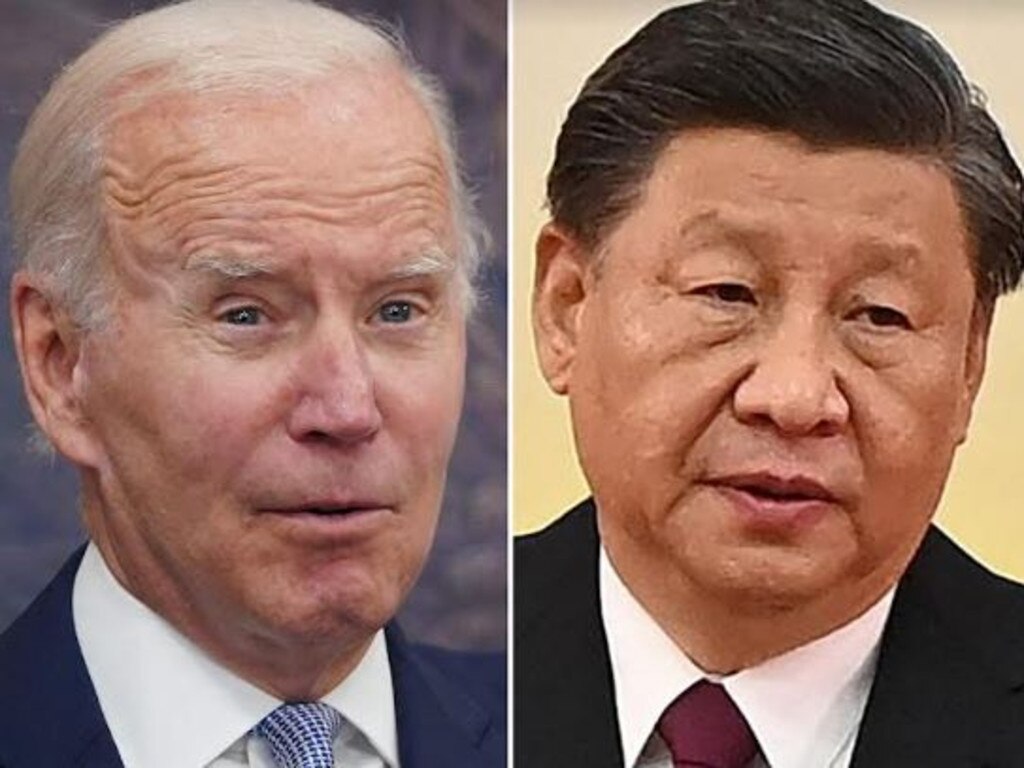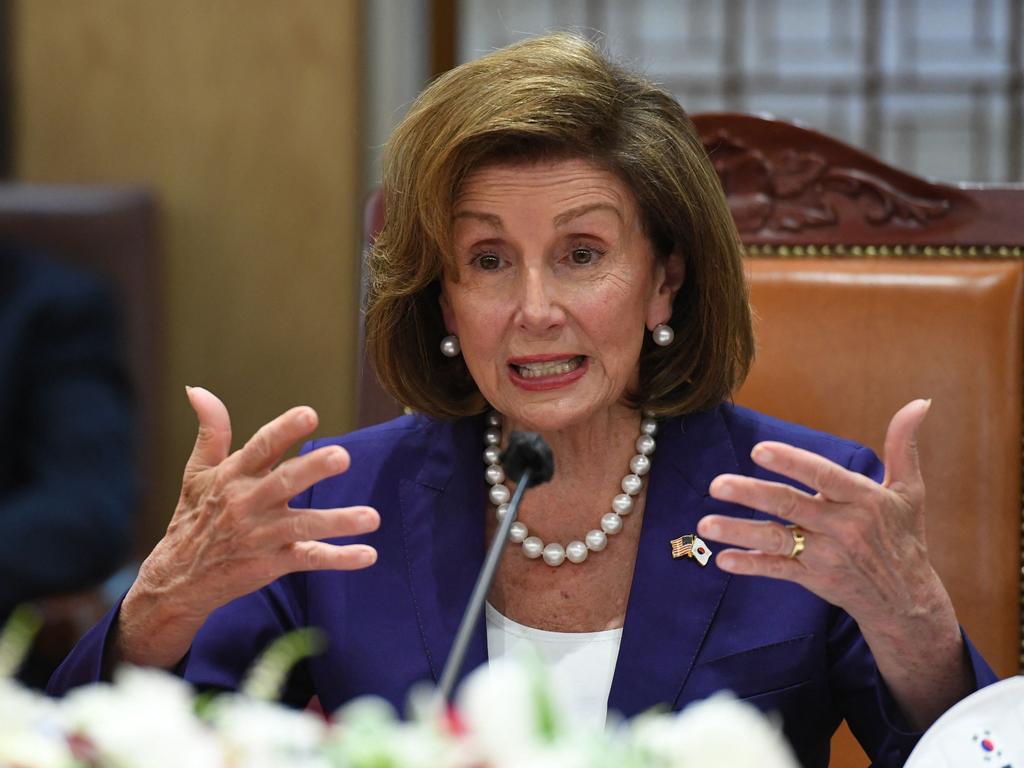Xi Jinping rides a real-estate tiger and we may all get mauled

China’s growth has been ravaged by Mr. Xi’s draconian Covid lockdowns. Last month Beijing announced the slowest annualised economic growth rate since the Covid crash: only 0.4% in the second quarter, down 2.6 percentage points from the first quarter. Services contracted by 0.4%. Youth unemployment was a record 19% in June.
In many respects China’s domestic growth trend is its weakest since the final days of Mao Zedong, with year-over-year retail sales declining by 11% in April and 7% in May before rebounding slightly in June, consumer confidence and domestic consumption falling, and both dollar and renminbi high-yield bonds at or near record lows. China’s only remaining bright spot is exports.
These headwinds have particularly affected the already weak real-estate sector. Chinese developers are massively leveraged and a substantial amount of their borrowing is in dollars. As the dollar surges while interest rates skyrocket, Chinese developers are defaulting on debts at record levels. Among the top 100 real-estate developers, 28 have defaulted on some of their bonds in the past year. A crisis that began with the overleveraged and notoriously speculative Evergrande has spread to major development firms known for good management, such as Sunac, Shimao and Kaisa. As China is the largest dollar borrower in emerging markets, and developers are unable to refinance their debt, its property implosion could trigger a broader crisis. Already emerging-market indexes have reduced their holdings of Chinese commercial bonds and equities.

Lockdowns have also weakened the value of many urban properties, undermining a large industry of real-estate flippers. Property values in Chinese cities have largely risen for the past 25 years, but lockdowns, overbuilding and the Covid-spurred economic slowdown reversed that trend. As lockdowns become oppressive, many Chinese are fleeing urban centres. Sellers far outnumber buyers. Many of those affected, from property investors domestic and foreign to Chinese mortgage holders, expected a bailout from Beijing, but so far the government hasn’t delivered anything substantive. The People’s Bank also has declined to lower mortgage interest rates far enough to offset the sharp market downdraft.
Developers’ deteriorating finances have led to construction delays, setting off a mortgage boycott. Some 85% of Chinese apartments are bought through so-called presale transactions, in which mortgages are typically paid before occupancy. As developers face insolvency, they have suspended or abandoned work on presale-financed projects. Buyers financing more than 300 large projects are refusing to make payments. Roughly $350 billion in presale debt is at risk.

Five provinces are considering short-term mortgage suspensions or developer bailouts, but the crisis constrains their ability to help. Historically, local governments have relied on land-use sales for as much as half their revenue. Those sources of income are down by 31% so far this year, leaving most provinces drowning in deficits. Regional governments have also already used up more than 92% of the 2022 bond issuance authorised by Beijing, limiting their ability to launch a debt-fuelled rescue effort. The central government is unlikely to help further; Beijing has said this is the provinces’ problem to manage.
At the same time, Mr. Xi has orchestrated a massive crackdown on tech entrepreneurs, who have sustained China’s economic miracle over the past decade, including the founders of Alibaba, Tencent and Didi. Bankers, too, are being arrested on corruption charges. The highly respected president of China Merchants Bank was recently locked up. Crushing corruption seems to equal containing capitalism in Mr. Xi’s mind. His ideology places the entire Chinese economic miracle model at risk.
Mr. Xi likely sees containing techno-capitalism, countering financial excesses and speculation, and deflating the property bubble as means of securing his “common prosperity” agenda for proletariat and Communist Party loyalists. Common prosperity is a party slogan for a reversal of the accommodating attitude Beijing has taken toward business since Deng Xiaoping. The party had been comfortable with allowing limited capitalism so long as it fed the nation’s appetite for prosperity and benefited Beijing. As Deng once quipped, it doesn’t matter if the cat is black or white so long as it catches mice. Mr. Xi wants to create a new class of militant red cats who corner the capitalist white cats and lock them up.
Mr. Xi’s policies have been so destructive of Chinese growth that many in China wonder if he doesn’t have a geopolitical objective rather than an economic one: hardening up the country for sanctions in advance of attempting to take Taiwan. But Mr. Xi can pull that off only if he can manage to stay on his economic tiger.
If the situation turns even more dire, he may face political opposition in the higher echelons of the party. But the danger isn’t to him alone. China’s economic turmoil might trigger a global debt crisis, which could embolden Mr. Xi to move against Taiwan, knowing he’s at political risk. Global financial markets, central banks and democratic leaders should brace for turbulence.
The Wall St Journal







As Covid lockdowns and buyers’ revolts roil China’s real-estate market, Xi Jinping is attempting to ride a tiger — to maintain power while clinging to the foolhardy policies that put him in this position. But as a Chinese central banker said of the country’s real-estate bubble, the problem with riding a tiger is that if you fall off, the tiger eats you. What are the odds Mr. Xi ends up in its jaws?